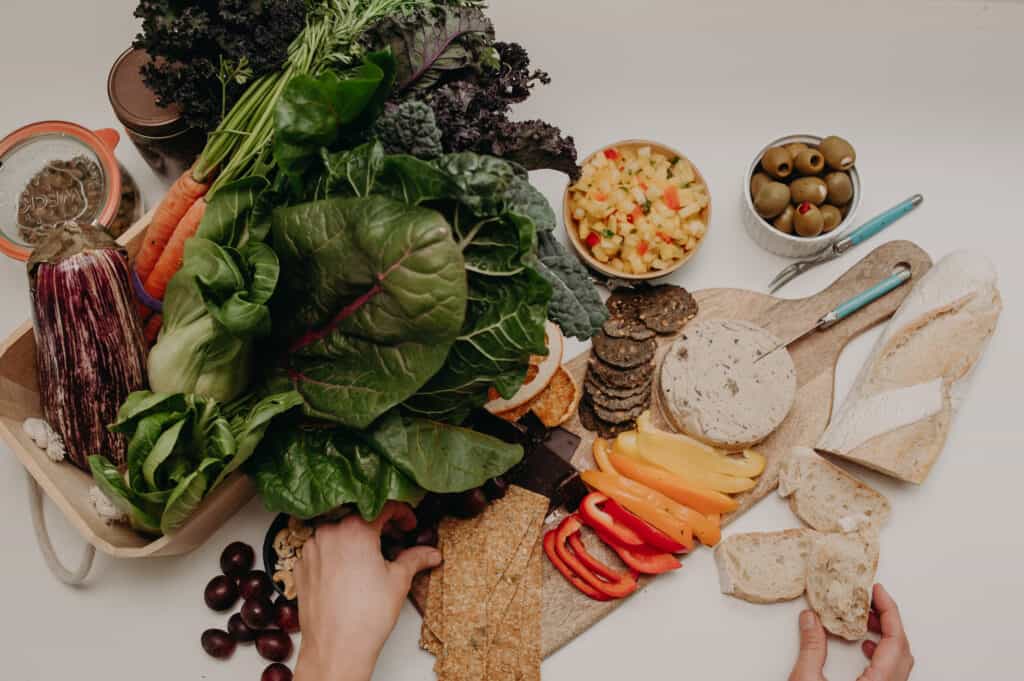Plant-Based Nutrition : A Complete Guide for Beginners

Plant-Based Nutrition: A Complete Guide for Beginners
More people than ever are turning to plant-based eating, whether for health, environmental, or ethical reasons. A plant-based diet focuses on foods from plants — including fruits, vegetables, grains, nuts, seeds, and legumes — while minimizing or eliminating animal products. If you’re new to this lifestyle, understanding how to get balanced nutrition is key.
What is a Plant-Based Diet?
Plant-based doesn’t always mean vegan. Some people adopt a fully vegan lifestyle, while others follow vegetarian, flexitarian, or mostly plant-focused eating patterns. The core idea is prioritizing plant foods for most of your meals.
Benefits of Plant-Based Nutrition
-
Heart Health: Rich in fiber, antioxidants, and healthy fats that reduce heart disease risk.
-
Weight Management: Lower in calories and higher in fiber, which helps with satiety.
-
Lower Risk of Chronic Disease: Linked to reduced risk of type 2 diabetes, high blood pressure, and certain cancers.
-
Environmental Impact: Requires fewer natural resources compared to animal-based diets.
Essential Nutrients to Watch
While plant-based diets can be very healthy, beginners should pay attention to certain nutrients:
-
Protein: Found in beans, lentils, tofu, tempeh, quinoa, nuts, and seeds.
-
Vitamin B12: Not naturally in plants; get it from fortified foods or supplements.
-
Iron: Found in beans, spinach, and pumpkin seeds. Pair with vitamin C-rich foods for better absorption.
-
Calcium: From fortified plant milks, tofu, sesame seeds, and leafy greens.
-
Omega-3 Fatty Acids: Found in chia seeds, flaxseeds, walnuts, and algae-based supplements.
-
Vitamin D: From sunlight, fortified foods, or supplements when needed.
Sample Beginner-Friendly Plant-Based Foods
-
Breakfast: Oatmeal with berries, chia seeds, and almond butter.
-
Lunch: Quinoa salad with chickpeas, veggies, and tahini dressing.
-
Dinner: Stir-fried tofu with brown rice and broccoli.
-
Snacks: Fruit, hummus with carrots, or a handful of nuts.
Tips for Getting Started
-
Start Slow: Try “Meatless Mondays” or swap one meal a day with a plant-based option.
-
Plan Your Meals: Helps ensure you’re meeting nutritional needs.
-
Experiment with Recipes: Use herbs, spices, and global cuisines to make meals exciting.
-
Stay Balanced: Don’t rely too much on processed vegan foods — focus on whole, nutrient-dense ingredients.
The Bottom Line
Plant-based nutrition can support great health when done right. With a variety of whole foods and mindful planning for key nutrients, beginners can enjoy delicious meals while boosting energy, improving long-term health, and supporting the planet.
